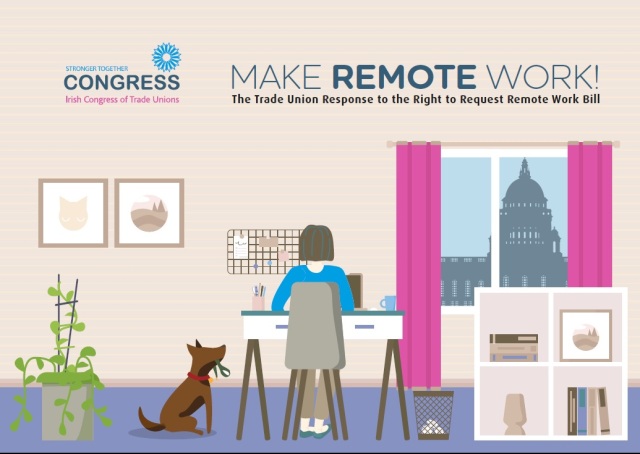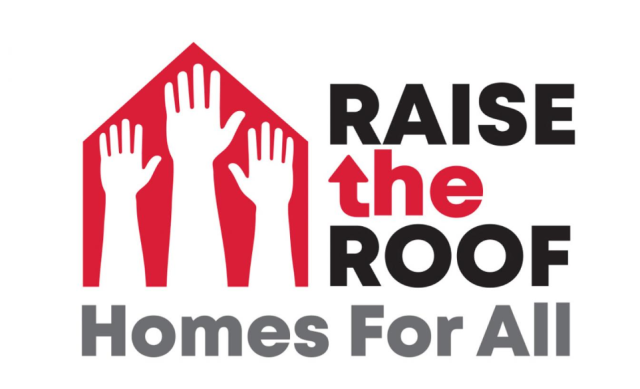Union calls for increase in National Minimum Wage, implementation of EU Part-Time Work Directive
September 23rd: Trade union Unite today published figures showing that workers on the minimum wage have suffered a real pay cut of nearly 10 per cent since 2007, when increased taxation is taken into account. The figures are contained in ‘Wages, Labour Rights and Economic Recovery’, an addendum to the union’s Pre-Budget Submission published earlier this month. In the document, Unite also reveals that Ireland has the highest level of underemployment in the EU.
Arguing that increasing the incomes of the lowest-paid workers is crucial to stimulating consumer demand and economic recovery, Unite is seeking an increase in the National Minimum Wage to €9.20 per hour, thus restoring its real value after inflation. In addition, the union is calling for the provisions of the EU Directive on Part-Time Work – which provides that part-time workers must be able to transfer to full-time working where the opportunity arises – to be given statutory force, and for legislation on the right to collective bargaining.
Commenting on the figures released today, Unite Regional Secretary Jimmy Kelly said:
“Since the onset of the economic crisis, Unite has argued that boosting consumer demand is crucial to economic recovery, and that the best way to do this is to put more money into the pockets of low and middle income earners who spend everything they have in the local economy.
“The figures released today by Unite show that, far from boosting low incomes, the effect of government policy has been to reduce the incomes of the lowest earners in real terms. The value after inflation of the National Minimum Wage, which has been frozen since 2007, has fallen by six per cent. When increases in taxes and charges are factored in, the lowest paid workers in our economy have suffered a real pay cut of nearly ten per cent.
“At the same time, Unite’s research shows that we have the highest rate of underemployment in the European Union: Irish part-time workers are willing and able to work more hours, thus boosting their pay packets, but employers are being encouraged by policy initiatives – such as the reduction in employers’ PRSI for low-paid workers – to keep workers’ hours low.
“At present, government policy is geared towards depressing the incomes of the lowest earners – and, therefore, depressing consumer demand”, Jimmy Kelly said.
Unite research officer Michael Taft said:
“In the context of the substantial boost to consumer spending that UNITE’s other pre-budget proposals would create, increasing the minimum wage and labour rights will not only reinforce economic growth. It will also ensure that such growth is shared equally. Without growing equality, there can be no economic efficiency and growth will continue to disappoint”, Michael Taft concluded.











